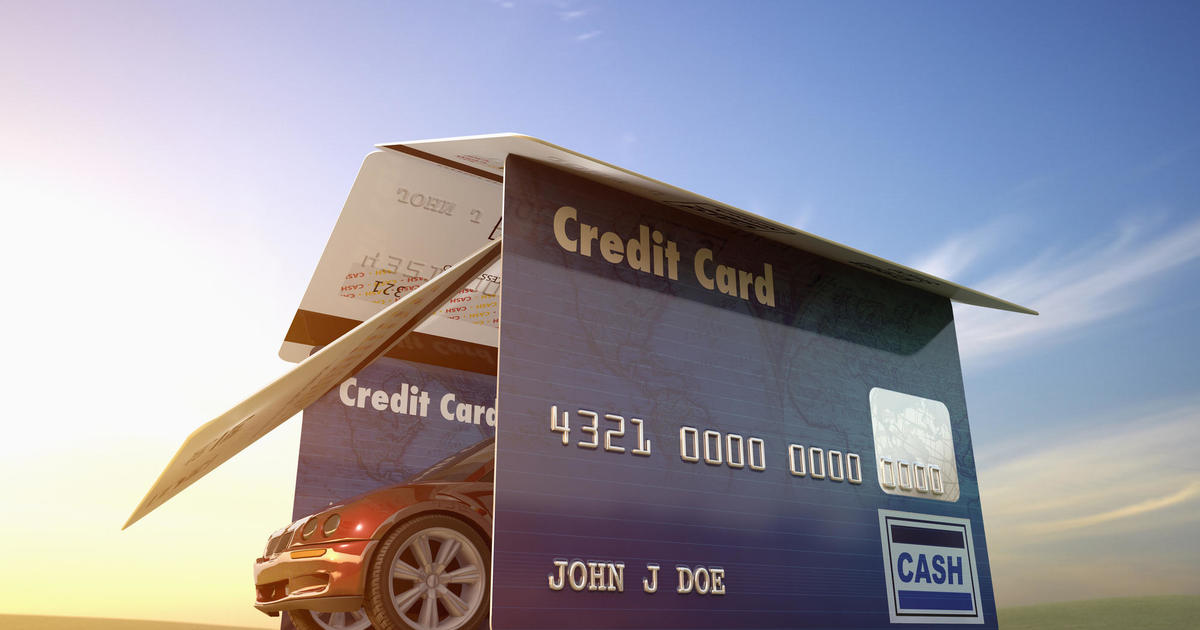Bogus internet bank sites on the rise -- don't let them suck you in
- Internet banks have been a boon for consumers looking for the best savings and CD rates.
- But they've also spawned fakes that seek only to steal your money.
- Fortunately, it's not hard at all to find out who's legit and who's a fraud.
In the last few years, online-only banks, both large and small, have launched and now offer savings accounts and CDs. These banks see the internet as an opportunity to attract new customers and to add deposits without building costly branches. Online-only savings account and CD rates are generally much higher than the rates at brick-and-mortar banks, so the new competitors are helping push up deposit rates and expand choices for consumers.
Unfortunately, criminals have been taking advantage of the expanding field of online banks by creating look-alike websites. Several cases of fraudulent bank websites have surfaced in 2019, advertising on search engines and trying to lure consumers with high-rate CDs. But unsuspecting savers are at risk of losing their money if they fall prey.
With the rise of the fraudulent bank websites, consumers may shy away from online-only banks. That would be a mistake because the benefits they bring are substantial. A better approach is to take the following steps to verify the legitimacy of any new bank website before you decide to apply online for an account.
Use the FDIC BankFind tool
In addition to protecting your deposits when a bank fails, the Federal Deposit Insurance Corp. (FDIC) offers many services to help consumers bank safely. One service is the BankFind tool, which allows users to search the FDIC database and determine if an institution is really an FDIC member. In addition, users can search for a bank web address to determine if an FDIC member bank really owns that address.
Note that it has become common for banks to have multiple web addresses. The vast majority of them now have a primary web address that supports their brick-and-mortar offices. Many online-only banks have also decided to create new websites with new brands and new web addresses.
In the past, the FDIC BankFind database didn't include these secondary web addresses. That changed in 2017, and now banks are supposed to provide the FDIC the addresses of all sites that accept their deposits. This includes sites managed by a division of the bank or managed by a partner company. So if a bank launches a new website, consumers can now use the BankFind tool to verify that the web address is connected with an FDIC member bank.
Call the FDIC or the member bank
Still, the BankFind tool has an important limitation: It may not always be up to date. Banks generally provide updates quarterly, so a delay can occur from when a bank launches a new site to when its address is listed at the FDIC. If you can't find an address with BankFind, contact the FDIC at 877-ASKFDIC (877-275-3342). A call rep can help you verify the address.
If the address isn't in the FDIC database and if the questionable website claims to be connected with a FDIC member bank, the rep will likely instruct you to call the FDIC member bank directly to ask about the web address.
Credit unions have the NCUA
Credit unions also offer savings accounts and CDs, and these days many of them have one or more websites where consumers can apply for membership and open accounts. The FDIC doesn't cover credit unions, but the National Credit Union Administration does.
The NCUA offers a "Research a Credit Union" tool that's similar to the FDIC BankFind tool. You can use it to verify that a web address is connected with a federally insured credit union. Unlike the FDIC, the NCUA includes only the primary web address of each credit union. Secondary addresses are less common at credit unions than at banks, but they still do exist. For these cases, call the NCUA at 800-755-1030.
Don't let scammers deter you
The growing number of online-only banks offers consumers many benefits. By taking these steps, you can verify a website and feel confident that you're dealing with a real bank or credit union as you shop online for the best deposit rates and banking services.
Ken Tumin is founder and editor of DepositAccounts.com, which has been tracking and rating the savings, CD and checking account offerings of banks and credit unions for more than a decade.



